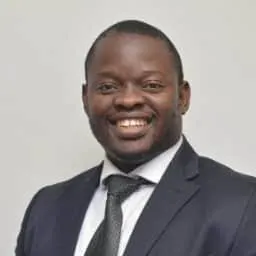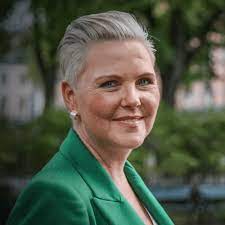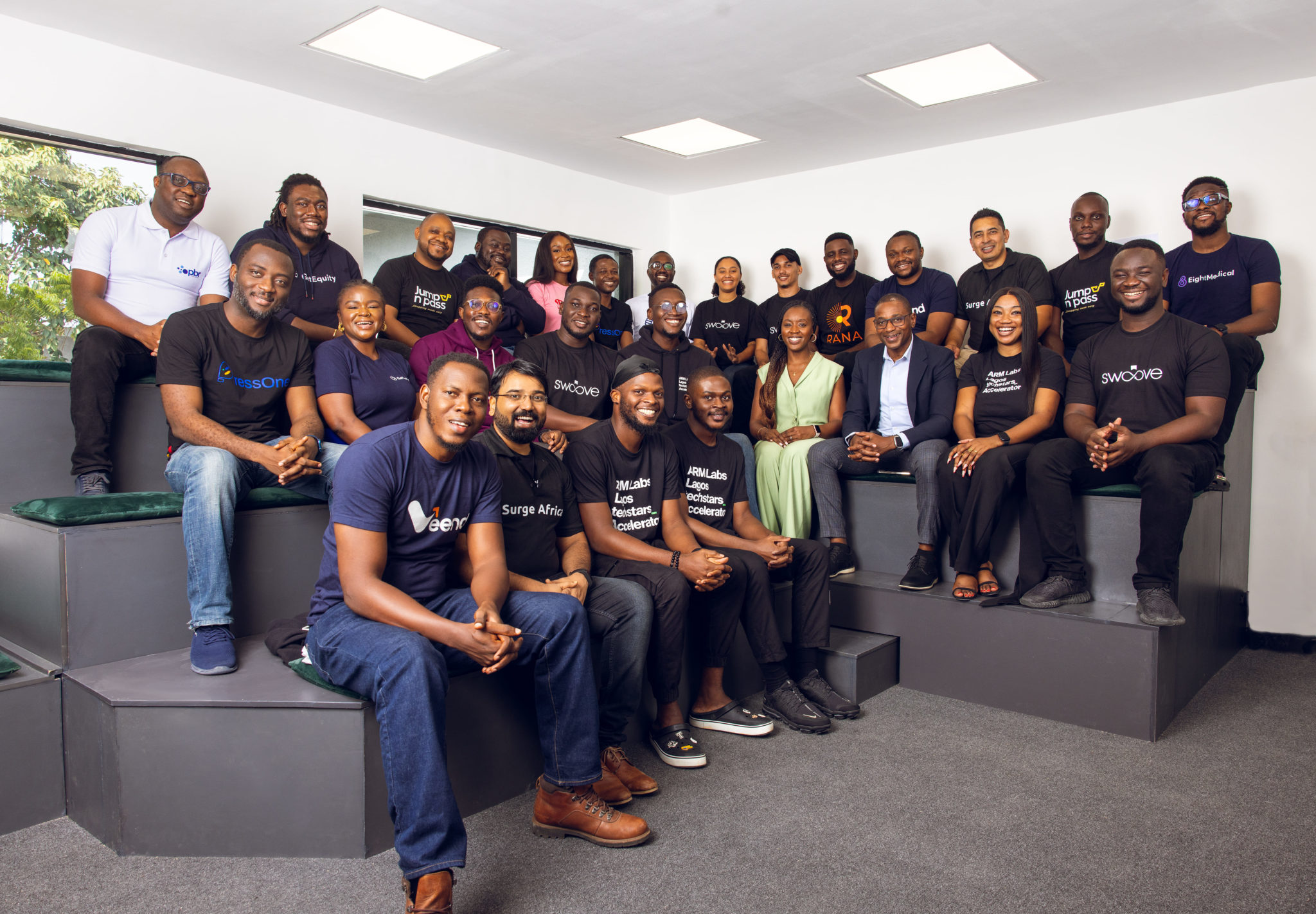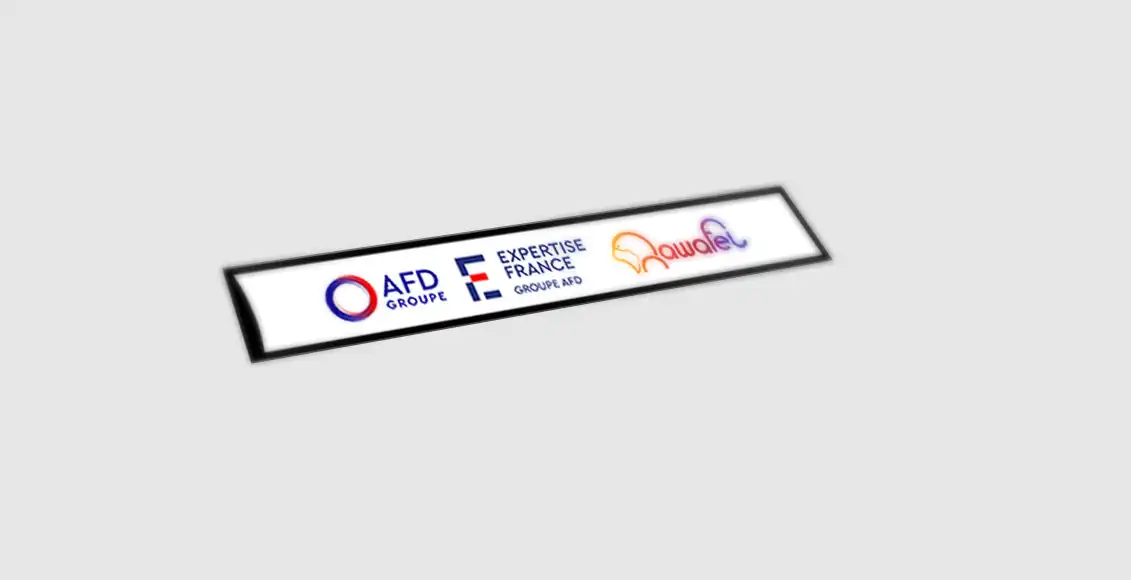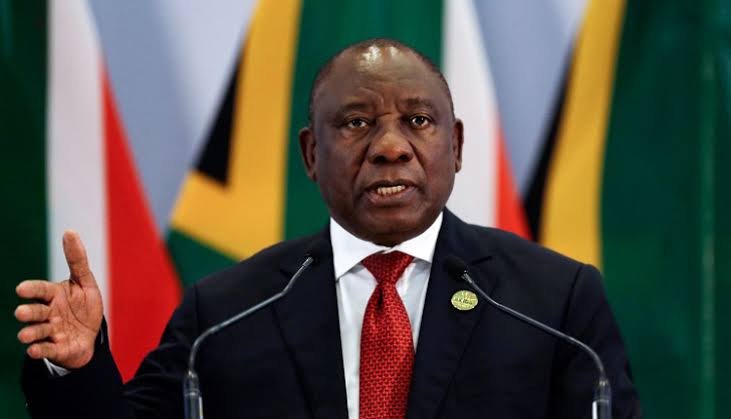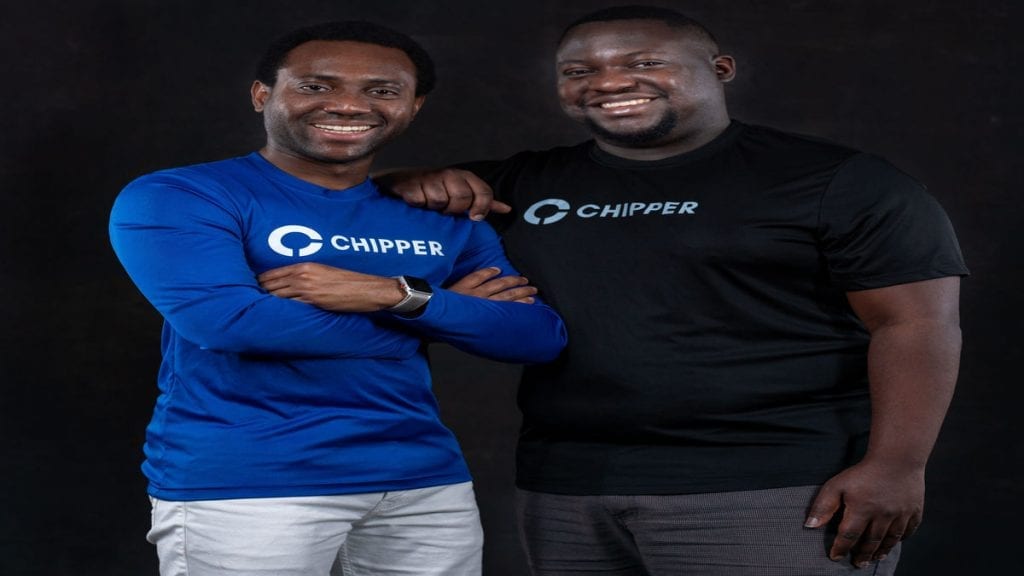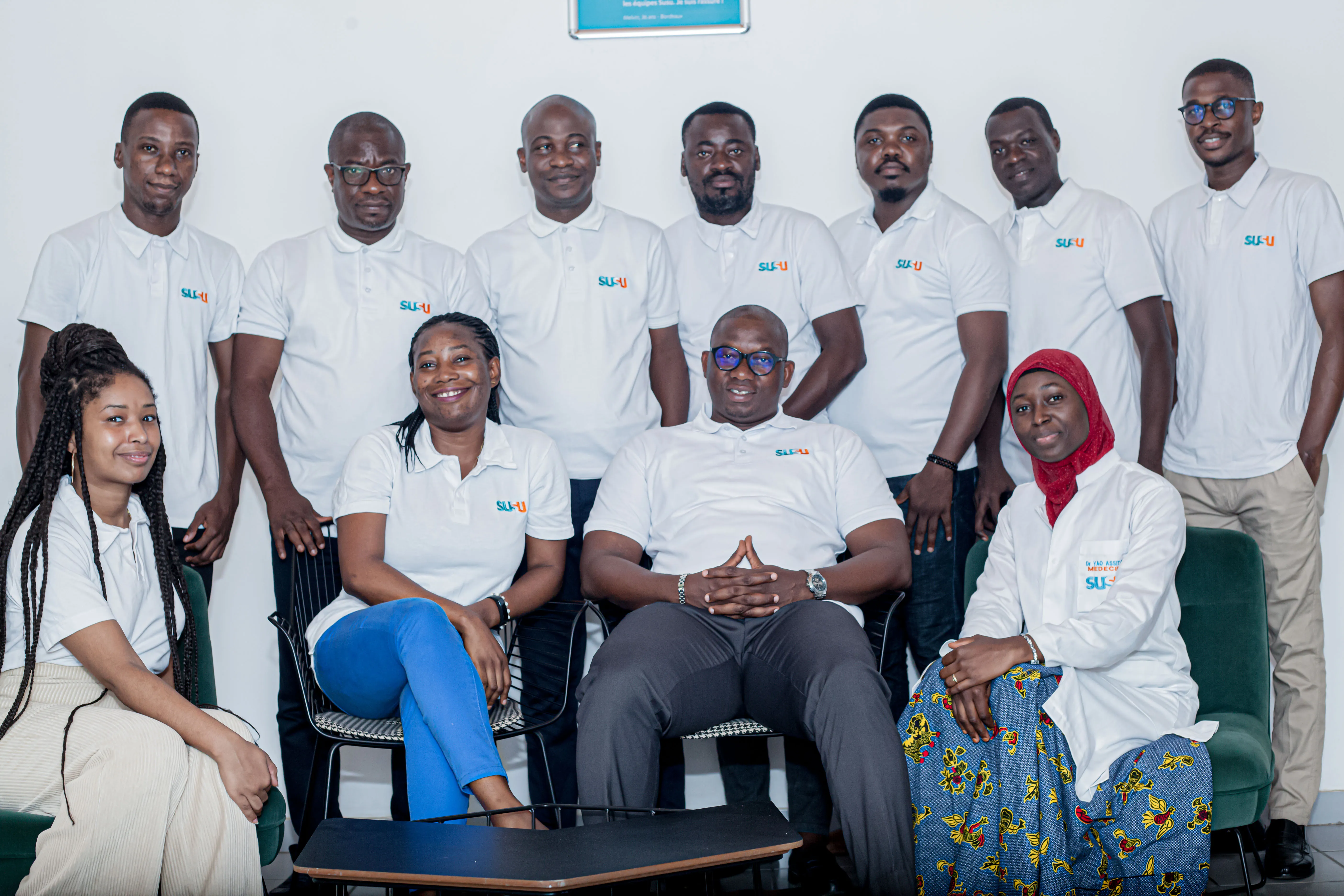South Africa’s E4E Africa Secures $30 Million in First Close for Fund II, Expanding Impact Across Sub-Saharan Africa
E4E Africa, a venture capital fund driven by entrepreneurs and based in South Africa, has successfully concluded the initial phase of its E4E Africa Fund II, raising a total of US$30 million. Launched in July 2020 and supported by the SA SME Fund, E4E Africa’s first fund made 11 investments in various startups, including Pineapple in insurtech, SweepSouth in home services, and Qwili in the digital marketplace. The fund focuses on supporting exceptional entrepreneurial teams that are developing highly scalable and impactful businesses in key sectors across Sub-Saharan African economies, with specific attention to fintech, education, job tech, e-health, and energy solutions. E4E Africa emphasizes founder-centric support and leverages its network of experienced entrepreneurs to provide value.
The second fund, E4E Africa Fund II, aims for a total size of US$30 million and has now achieved its first close. E4E Africa is actively seeking additional interest from both local and international investors to further expand its influence and reach. Bas Hochstenbach, managing partner at E4E Africa, expressed enthusiasm about the first close, stating that it empowers them to support outstanding founders and capitalize on exceptional investment opportunities stemming from their robust relationships with founders and seasoned African entrepreneurs.
Already, E4E Africa Fund II has made investments in three companies: Kwara, a Kenyan core banking platform provider; TUNL, a South African tech-enabled export shipping provider; and a rapidly growing business in Kenya disrupting the traditional embedded finance landscape. Bakang Komanyane, principal at E4E Africa, highlighted the impressive performance of the Fund II portfolio and teased an upcoming follow-on investment in the coming weeks, showcasing the fund’s commitment to nurturing and supporting thriving businesses.

Charles Rapulu Udoh is a Lagos-based lawyer, who has several years of experience working in Africa’s burgeoning tech startup industry. He has closed multi-million dollar deals bordering on venture capital, private equity, intellectual property (trademark, patent or design, etc.), mergers and acquisitions, in countries such as in the Delaware, New York, UK, Singapore, British Virgin Islands, South Africa, Nigeria etc. He’s also a corporate governance and cross-border data privacy and tax expert. As an award-winning writer and researcher, he is passionate about telling the African startup story, and is one of the continent’s pioneers in this regard.

